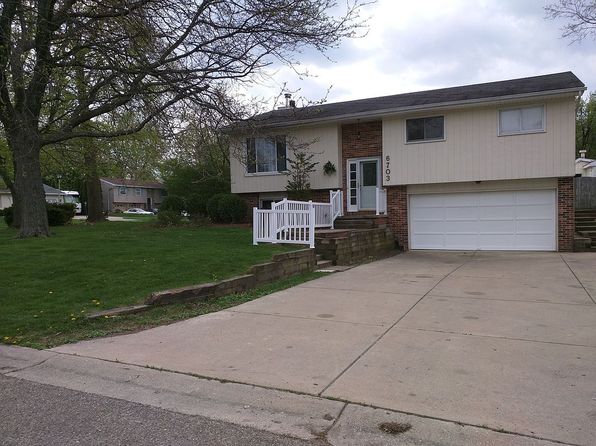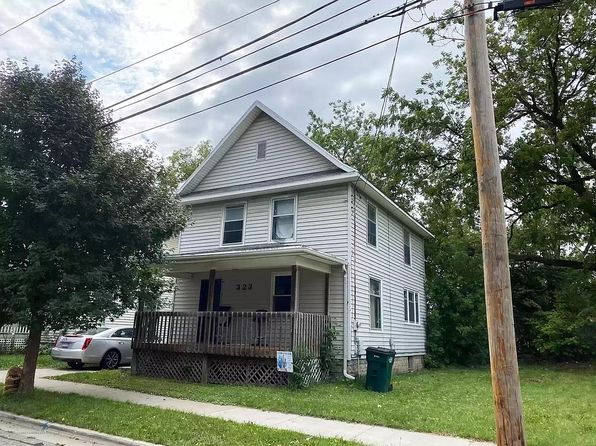men-generics.ru
We feature homes for sale by owner in East Lansing, MI. Browse FSBO listings, find your perfect home and get in touch with local sellers. Single Family Homes For Sale in Lansing, MI. Browse photos, see new properties, get open house info, and research neighborhoods on Trulia. Browse exclusive homes for sale by owner or sell your home FSBO. men-generics.ru helps you sell your home fast and save money. See why so many are selling FSBO! We feature homes for sale by owner in Michigan. Browse FSBO listings, find your perfect home and get in touch with local sellers. For Sale By Owner (FSBO) homes in Michigan. Contact sellers directly, request showings, and submit offers! See posts, photos and more on Facebook. Find homes & real estate for sale by owner in Michigan. Tour FSBO homes & make offers with the help of local Redfin real estate agents. 1 month ago - Here are the 7 best For Sale By Owner websites in Michigan: 1. Houzeo, 2. Homecoin, 3. men-generics.ru, 4. Kermath Realty. November 15, - This guide offers top agent insights on how to sell a house by owner in Michigan, from prep to closing, and FSBO pitfalls to avoid. There are currently 67, homes for sale in Michigan. The median list price in Michigan is $, and the average price per square foot is $ Eastern UP & Water Wonderland Board – Alpena, Cheboygan, Chippewa, Luce, Mackinac, Montmorency, Oscoda, Otsego & Presque Isle counties Greater Lansing MLS – Clinton, Eaton & Ingham counties Northern Great Lakes MLS – Antrim, Arenac, Benzie, Clare, Gladwin, Grand Traverse, Gratiot, Iosco. October 26, - Learn how to sell without a realtor in Michigan in It can save you money on listing fees, but doing everything yourself has risks. September 12, - Telegraph Rd Ste Taylor, MI · © Copyright Michigan Title Insurance Agency | TitleTap - Websites for Law Firms and Title Companies | Privacy Policy. For Sale By Owner Michigan. 1, likes. This page is for For Sale By Owner homes who are looking for a place to market. Want to sell your house For-Sale-By-Owner but really want to get it on the MLS to drive all the traffic to your property · Now you have an option: Flat-Fee Discounted MLS Listings. October 7, - For Sale By Owner real estate transactions are increasingly popular in Washtenaw County. Find out how FSBO works for both sellers and buyers. Zillow has 62 homes for sale in Lake MI. View listing photos, review sales history, and use our detailed real estate filters to find the perfect place. Browse photos and listings for the 21 for sale by owner (FSBO) listings in Ottawa County MI and get in touch with a seller after filtering down to the perfect home. June 25, - Wondering how to sell your Michigan house without a Realtor? It’s a big commitment — here’s what you need to know.
To support our service, we display Private Sponsored Links that are relevant to your search queries. These tracker-free affiliate links are not based on your personal information or browsing history, and they help us cover our costs without compromising your privacy. If you want to enjoy Ghostery without seeing sponsored results, you can easily disable them in the search settings, or consider becoming a Contributor. Browse photos and listings for the 11 for sale by owner (FSBO) listings in Lansing MI and get in touch with a seller after filtering down to the perfect home. . Browse exclusive homes for sale by owner or sell your home FSBO. men-generics.ru helps you sell your home fast and save money. See why so many are selling FSBO! . We feature homes for sale by owner in Lansing, MI. Browse FSBO listings, find your perfect home and get in touch with local sellers. . Get updates when a new home matches the current applied filters. Save Search · FOR SALE BY OWNER ACRES · © Google · $, · 3bd · 1ba · sqft (on acres) Annetta Rd, Lansing, MI · Use arrow keys to navigate · FOR SALE BY OWNER · . Read More Versatile home in prime frandor location - clemens, lansing mi. discover the potential of this updated . A global vintage snwomobile resource, bringing people interested in antique and vintage snowmobiles together from all over the planet. Collectors, sleds and the historical figures that made snowmobiling great. Vintage sled events listings, classifieds and much more. . Browse photos and listings for the 1 for sale by owner (FSBO) listings in East Lansing MI and get in touch with a seller after filtering down to the perfect home. . Here's how to sell a house by owner in Michigan. 1: Price Your Home 2. Make Your Home Market-Ready, 3. Boost Visibility, 4. Manage Showings . View over 1, businesses for sale on men-generics.ru Search LoopNet for businesses for sale in all industries and categories. . If you enjoy Ghostery ad-free, consider joining our Contributor program and help us advocate for privacy as a basic human right.
Quality made in America durable coated canvas ID wallet key chain with leather patch to personalize with initials or monogram. . Our fan favorite is back with new designs! This durable wallet allows you to carry everything you need while staying small and compact. . Google Wallet is a safe way to store and use your cards, tickets, passes, keys, and IDs. Get started with Google Wallet. . Discover the Marni women's accessories collection on the official store. Shop online made in Italy wallets and small leather goods. . Order your handcrafted leather wallet today. Made in Maine from American cow hide, ORIGIN™ genuine leather wallets feature heavy-duty corded stitching for . Explore our vibrant collection of women's wallets in various colors and materials. Discover the perfect accessory for every occasion! . This sleek vegan-leather wallet effortlessly and securely attaches to your iPhone in a snap connection so you can conveniently carry your cards, ID, or even . Wallets & Card Holders · Wesport Tri Fold Wallet, CHOCOLATE Add to cart + Quick Shop · Wardville Pouch Wallet, CHOCOLATE Add to cart + Quick Shop · Wesport Tri . Get help finding a bitcoin wallet. Answer a few basic questions to create a list of wallets that might match your needs. .

W H O C L I E N T S E R V I C E S P O R T F O L I O C O N T A C T Ian and Karen Wylie enjoyed such a level of success with their FSBO Lansing site that they received regular inquir . W H O C L I E N T S E R V I C E S P O R T F O L I O C O N T A C T Customer wanted a site closely modeled after FSBO Madison, but was new to web mastering and so required a site tha . Jun 15, - However, if you’d like to sell your home FSBO in Grand Rapids, there are several things you can do to have a faster, more hassle-free sale. First, it is helpful to educate yoursel .

[But most Michigan homeowners will be better off listing their homes on the open market. We Buy Houses companies typically make a much lower offer than you could get selling your house to a traditional buyer because their goal is to upgrade and resell the . Are you facing obstacles in selling your house in East Lansing? Have your attempts with a real estate broker in East Lansing been unsuccessful? If you’re searching for a win-win solution to sell your house in East Lansing, you’ve come to the right place. . Are you worried that you’re going to receive another lowball offer? We get it. We’ve purchased hundreds of houses from homeowners like you. We’re the nice guys who buy! men-generics.ru will buy your house no matter what situation you face, and you’ll . Even though the information on this web page is provided by a qualified industry expert, it should not be considered as legal, tax, financial or investment advice. Since every individual’s situation is unique, a qualified professional should be consulted . From October 12 to October 17 our family took a trip to Washington, DC. I thought I'd share with you what we did, the financial impact of the trip, and a few savings tips we picked up along the men-generics.ruoundBoth my wife and I lived in the DC area (before . AUTO CENTRAL, CHICAGO May 13 ; Every Sunday Senior Editor and Chicago Car Guy along with fellow senior editors and from The Auto Channel Michigan Bureau, give you TACH's "take" on this past week's automotive news in easy to "catch up" news nuggets. Fo . Bing users came to this page yesterday by using these algebra terms: How to solve linear equations with fractions, AOL Card, apptitude question&answer. Quadratic equations on TI plus, cubed root and simplify and x, DECIMAL TO IN FORMULA, calculate cubi . List your home on the Greater Lansing Area MLS and men-generics.ru ¹for a one time low fee. We are the Technology Leader offering you the most state of the art services to sell your home. Competitors may purport to offer similar service but do not. If any com .